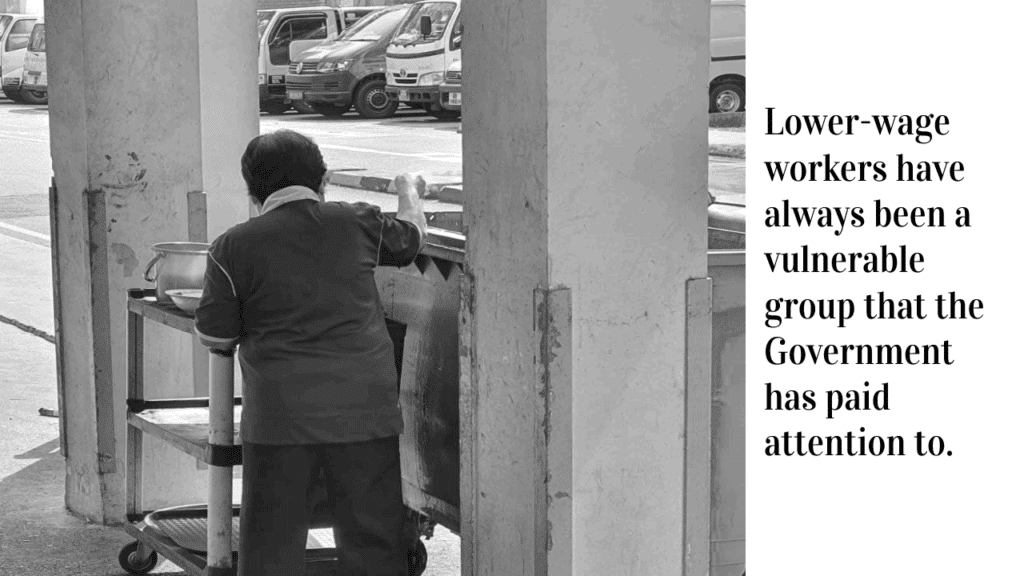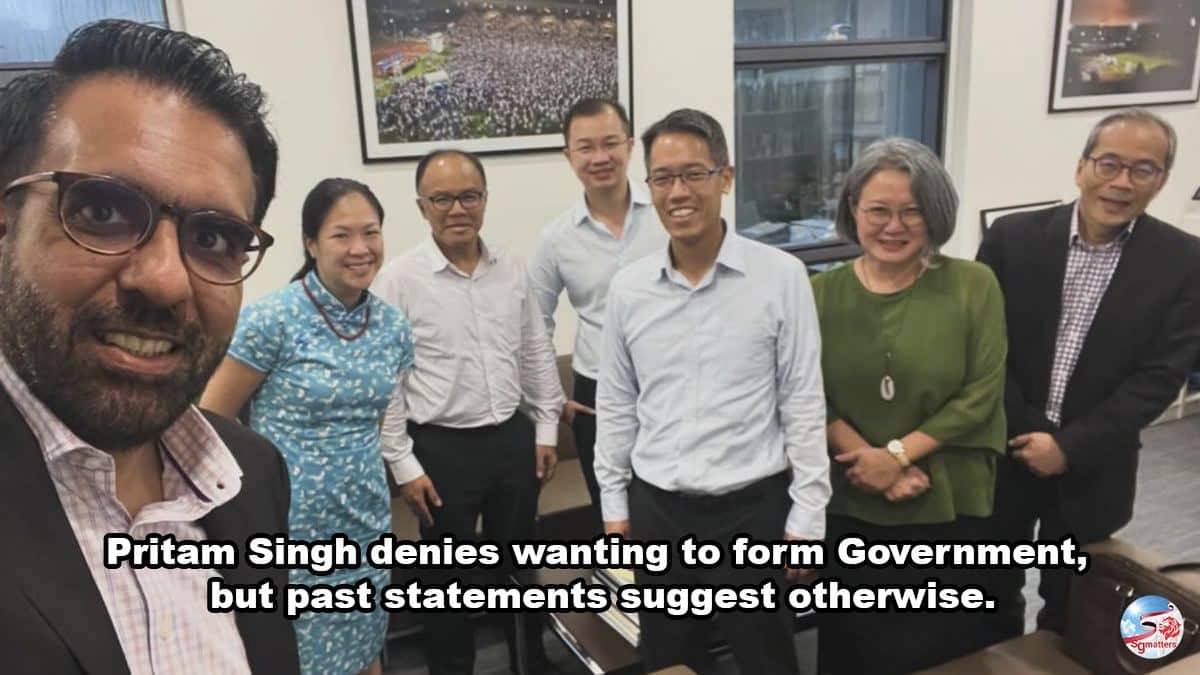Every year, large sums from the Singapore annual Budget are set aside to support social spending in order to increase social mobility and help uplift those from low-income households. Lower wage workers have always been a vulnerable group that the Government has paid attention to. In case you missed this year’s National Day Rally speech, PM Lee made special mention of lower-wage workers and how the society can continue to render them more help, especially since many of them have felt the impact of COVID-19 most acutely. He also noted that the pandemic had sharpened fault lines in society and made some difficult issues more urgent.
In this piece, we will demystify the various schemes available for those from lower-wage households with respect to the different aspects of their lives.
Work – Helping Lower-wage Workers Break Out of The Poverty Cycle
There are several schemes in place with support measures targeted at helping lower wage workers.
Workfare Income Supplement Scheme (WIS)
This scheme serves to supplement the incomes and CPF savings of lower-wage Singaporean workers, as well as to encourage them to work regularly. Depending on age and income, eligible employees can receive up to $4,000 per year in WIS payouts.

Workfare Skills Support (WSS)
The Workfare Skills Support scheme complements the Workfare Income Supplement scheme by encouraging older lower-wage workers to upgrade their skills. WSS can help lower-wage workers become more employable and give them the chance to earn more by encouraging them to upgrade their skills through training.
Uplifting Lower-wage Workers through the Progressive Wage Model (PWM)
The Progressive Wage Model was first mooted in 2012 by the National Trades Union Congress (NTUC). It maps out clear career pathways for the wages of low wage workers to rise alongside improvements in productivity and workers upgrading their skills through courses.
This model has benefited over 85,000 workers, many of whom are in sectors such as cleaning, security and landscape sector and will be further expanded into other sectors – starting with retail next year, and later food services and waste management!
Specific occupations, across all sectors simultaneously, starting with administrative assistants and drivers will also be covered.
The extended Progressive Wages plus the tighter Local Qualifying Salary will cover 8 in 10 LWWs. If we include Workfare enhancements, almost all LWWs can look forward to higher incomes within the next two years.
Moving forward, a newly set up Tripartite Workgroup on Lower-Wage Workers, chaired by Senior Minister of State for Manpower Zaqy Mohamad includes union leaders from the National Trades Union Congress, civil servants and industry leaders from the Singapore National Employers Federation, will look into the well-being of low wage workers and catalyse how to uplift them sustainably.

Housing
The Enhanced CPF Housing Grant (EHG) is a streamline of two previous grants – the Additional CPF Housing Grant and the Special CPF Housing Grant (SHG). First-time applicants may be eligible for this grant and it offers larger subsidies of up to $80,000 to lower income households.
Education
Uplifting Pupils in Life and Inspiring Families Taskforce
UPLIFT – “Uplifting Pupils in Life and Inspiring Families Taskforce”is an inter-agency taskforce that has been convened to strengthen support for under-performing students from disadvantaged families. Their efforts aim to promote upward social mobility and in particular, target long-term absenteeism and drop-out rates in schools.
NTUC FairPrice Share-A-Textbook
This annual initiative aims to help make educational resources such as textbooks and assessment books more accessible to needy families to support their educational needs. The project hopes to also encourage recycling amongst the community.

Social and living
Comcare
A support scheme run by the Ministry of Social and Family Development (MSF), it provides social assistance to low-income households and lower-wage workers. The support ranges from mid-to-long term and could come in the form of financial assistance to student/child care assistance.
Discounts for lower-wage families
NTUC FairPrice will continue to offer discounts on groceries to lower-income families every Thursday until the end of the year. 3% discounts are offered to Community Health Assist Scheme (CHAS) Blue cardholders at all 149 stores. This is in addition to existing discount schemes for Pioneer Generation, Mederka Generation and seniors.
An inclusive society to support our lower-wage workers
With many schemes, grants and initiatives in place to help uplift the wages of lower-wage workers and break low income households out of the poverty cycle, it’s a clear signal that social mobility is an issue that the Government and unions want to address. While the Tripartite might take the lead, the society at large needs to also recognise the importance of fostering an inclusive society and take it upon themselves to not let vulnerable groups like our lower-wage workers be left behind in our progress as a nation.





